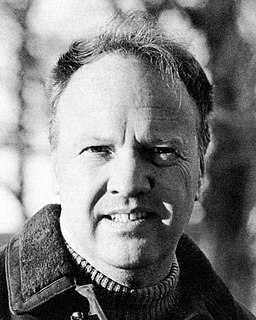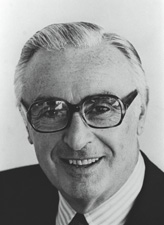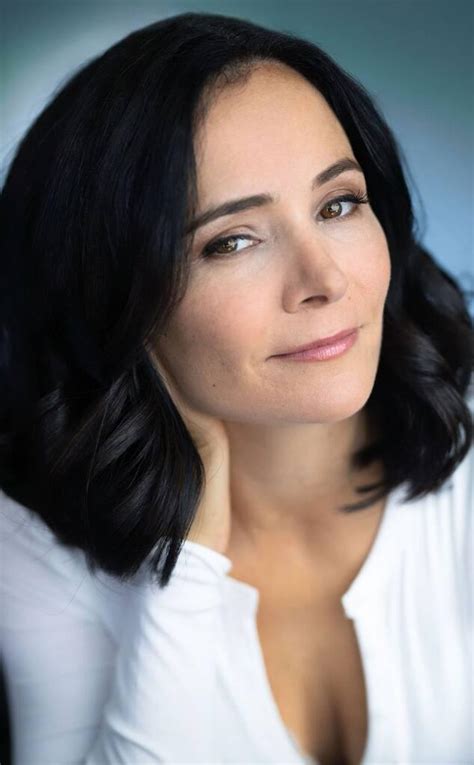A Quote by James Dickey
Then you develop a kind of critical sense about what you write. You can tell when something is good, but it would be just as good in somebody else's work too. You want to hold out for those things only you can say.
Related Quotes
There are two aspects to making movies: One is the feeling of wanting to push myself into stuff that I don't know how to do. Then there's the other impulse to try and earn a living. I want to be careful about not confusing those too much - not that those things can't have a healthy overlap. Plenty of people start out making work that isn't terribly commercial, and then make work that's more commercial but still good. You just want to watch out for that thing where you tell yourself that you're doing your best work when you're not.
Any negative review you write, they'll say, "Oh, you're being so mean." I think the problem with a lot of criticism is that too many critics either write just description or they write in a Mandarin jargon that only a handful of people can understand, or they write happy criticis - everything is good that they write about. I think that's really not good. I think it's damaged a lot of our critical voices.
As soon as you start to think of that thing that you want to convey or say, you can always just say it much better than you can actually rhyme it or stuff it into a song. It's very, very difficult to just kind of get your point across without going the back way. And you have to be good at that, to not think about things so hard. Let the pen take over, so that it's somebody else's job to dissect the lyrics and tell you what you're all about.
But I'll tell you something else, too. Something I've learned, the hard way. I guess"—Gram laughed a little—"I'm the kind of person who has to learn things the hard way. You've got to hold on. Hold on to people. They can get away from you. It's not always going to be fun, but if you don't—hold on—then you lose them.
You come to work knowing you're going to do good work without any doubt. You can go where you need to go and nothing is wrong and you pick the rightnesses out. If something doesn't work, you let them go, but you don't hold onto those wrongnesses. You just hold onto the rightnesses, so it's a playing field that anyone would want and feel much more comfortable with.
The only good teachers for you are those friends who love you, who think you are interesting, or very important, or wonderfully funny; whose attitude is: "Tell me more. Tell me all you can. I want to understand more about everything you feel and know and all the changes inside and out of you. Let more come out." And if you have no such friend,--and you want to write,--well, then you must imagine one.
People are in denial all the time, hiding things. If I tell you a racist or dirty joke and you laugh, you're telling me something about yourself, which you don't want to reveal. Accessing that hidden side is what good acting is all about. And there are only a handful of people in the entire United States who interest me as actors, who surprise me. Even people who write about it, don't know anything about good performance. At least when you work at General Motors, you know something about cars.
When I first prepared this particular talk... I realized that my usual approach is usually critical. That is, a lot of the things that I do, that most people do, are because they hate something somebody else has done, or they hate that something hasn't been done. And I realized that informed criticism has completely been done in by the web. Because the web has produced so much uninformed criticism. It's kind of a Gresham's Law-bad money drives the good money out of circulation. Bad criticism drives good criticism out of circulation. You just can't criticize anything.
Everybody wants to feel that you're writing to a certain demographic because that's good business, but I've never done that ... I tried to write stories that would interest me. I'd say, what would I like to read?... I don't think you can do your best work if you're writing for somebody else, because you never know what that somebody else really thinks or wants.
I think when you've been in a band for a really long time, sometimes you don't appreciate what's good about yourself. It's easy to play something and get too focused on some small detail. It's helpful to have somebody around who can say, "No, that was good." Just so you don't get too lost or forget what you do. You need somebody you really trust who has great taste.
You have to learn to say no not just to things you don't want to do, you have to say no to things that you want to do, things that are good to do. You have to realize that every time you say yes to one thing you've got to take something else off the plate. Critically, I think you have to realize that it's easier to say no than to say maybe.







































